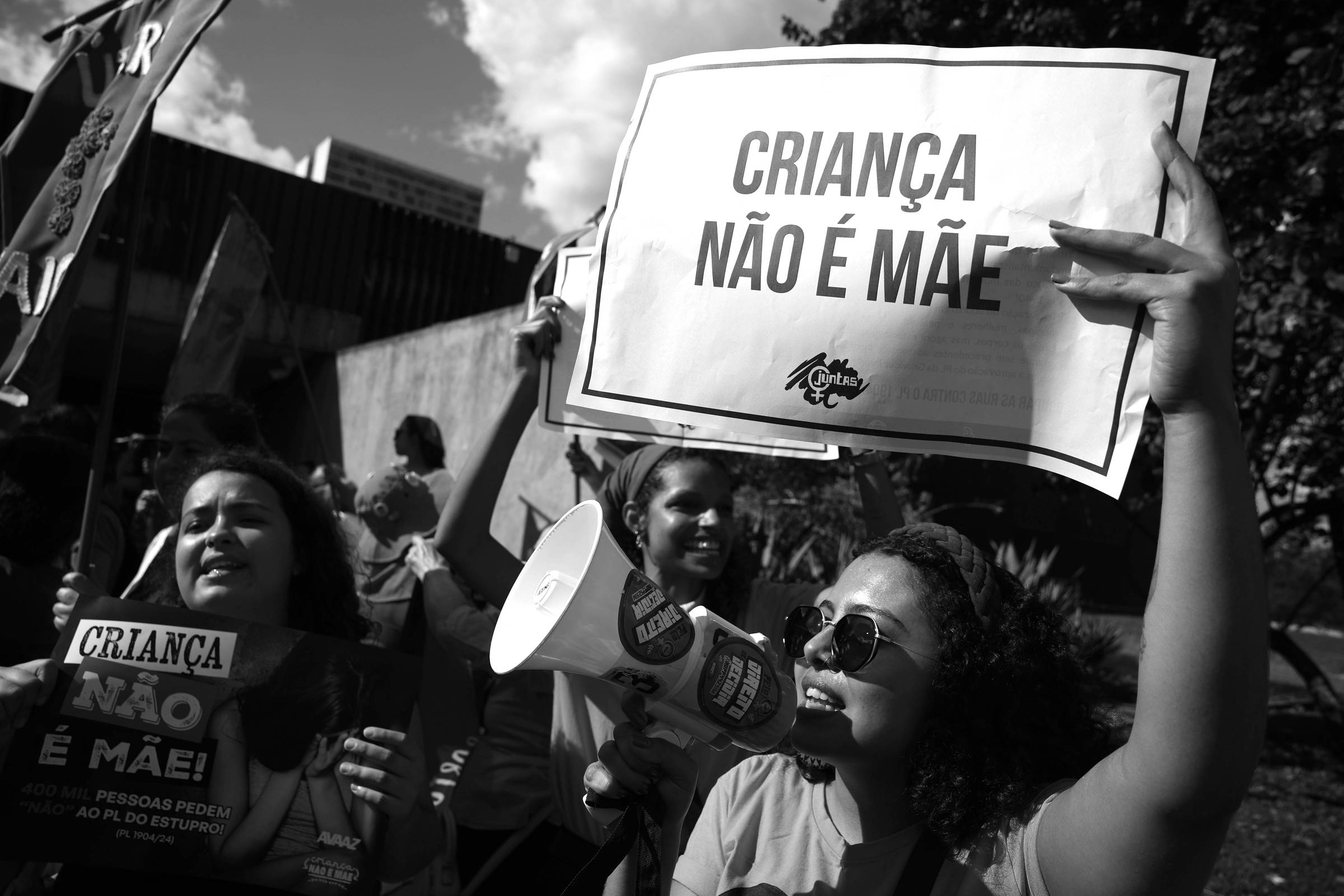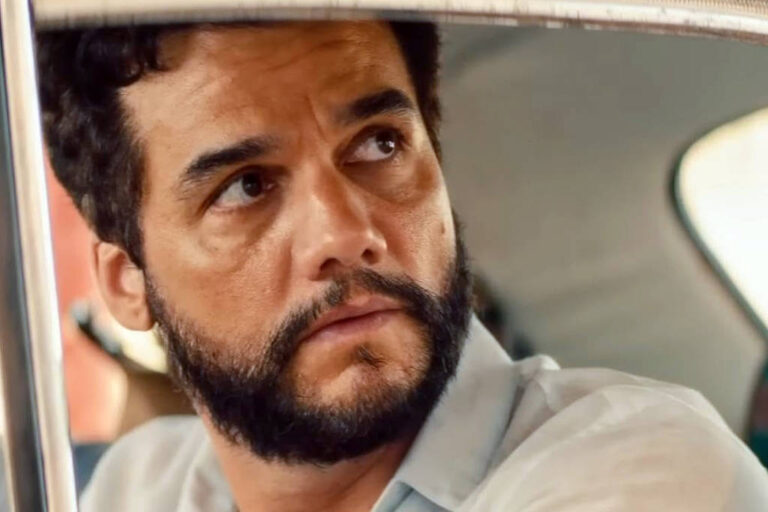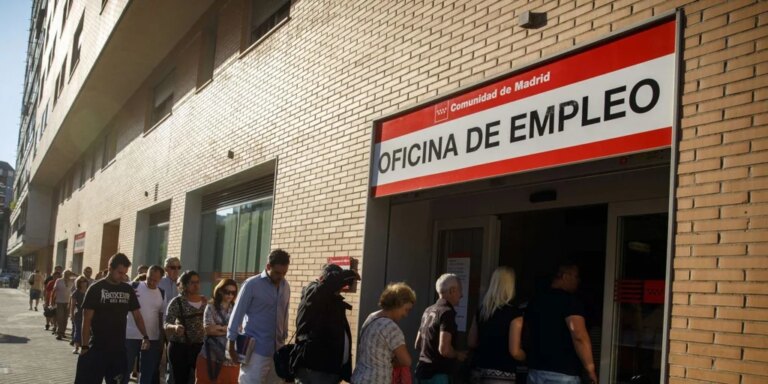
The House of Representatives on Thursday (5th) approved, by a vote of 317 in favor and 111 against, a draft decree overturning the resolution of the National Council for the Rights of Children and Adolescents on legal abortion for minors, and the plan will be sent to the Senate.
But Konanda’s rule only reaffirms this class’ right to terminate pregnancies based on guidelines such as priority of access to legal abortion services, confidentiality, and safe and humane care.
The lawmakers’ obscurantist measures are based on ideological bias and ignore the barriers to accessing legal abortion in the country, putting the health and even the lives of young Brazilian women at risk. The maternal mortality rate for the age group up to 14 years old (62.57 deaths per 100,000 live births) is higher than the national average (52.7 deaths).
Furthermore, this is an attempt to confuse the public about the scope of the resolution and does not change the law that has been in place since the 1940s. This would therefore invalidate the application of the criminal law’s provisions regarding abortion.
In Brazil, abortion is permitted in cases such as when the life of the pregnant woman is in danger, rape, or fetal anencephaly. The law states that having sexual relations with a minor under the age of 14 constitutes rape of a vulnerable person, and there is no basis for the victim to assert consent.
The data is alarming. According to the Brazilian Public Security Yearbook, 61% of the 87,500 rapes recorded last year were against children and adolescents in this age group.
The subject is known to be controversial and the source of heated political debate. The PT government itself opposed the Konanda resolution in December and, following criticism, has now indicated it will vote against overturning it in parliament.
However, technical knowledge, not ideology, should guide public policy. Lawmakers have criticized the resolution for not imposing gestational age limits to allow abortions, but such limits can only be established by law, as the criminal code does not impose them.
Children and young people, especially the poorest, are more likely to undergo this procedure later in pregnancy because they do not know about their bodies, are unable to report abuse at home, and do not have regular access to health services.
That is why it is the public who faces the most obstacles to ensuring legal abortion. By overturning this resolution, lawmakers are prioritizing a bigoted political debate over the rights, health, and lives of the children and youth they claim to protect.
editors@grupofolha.com.br



